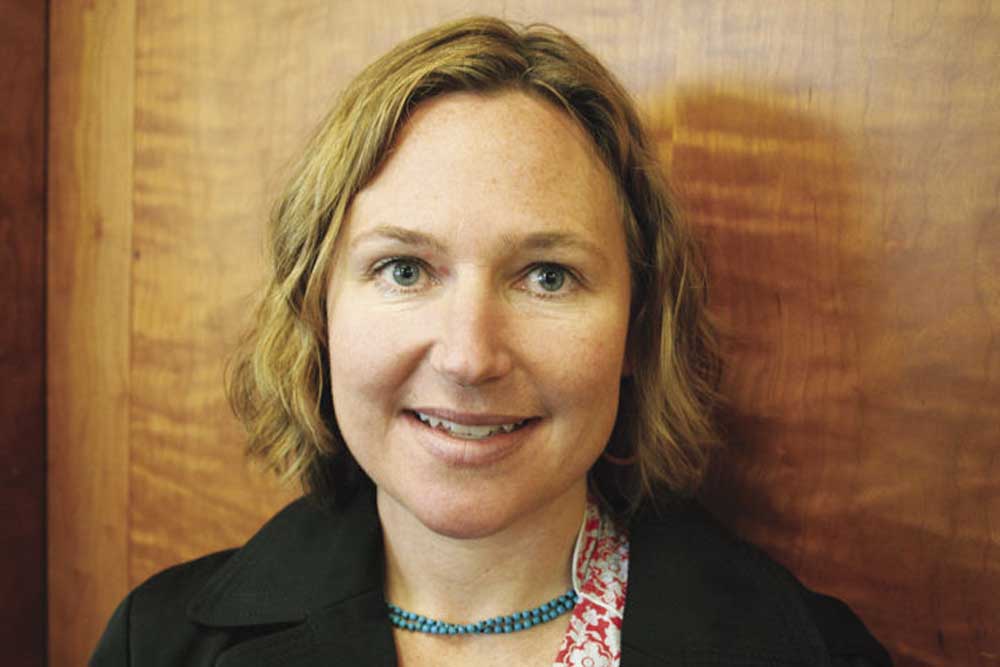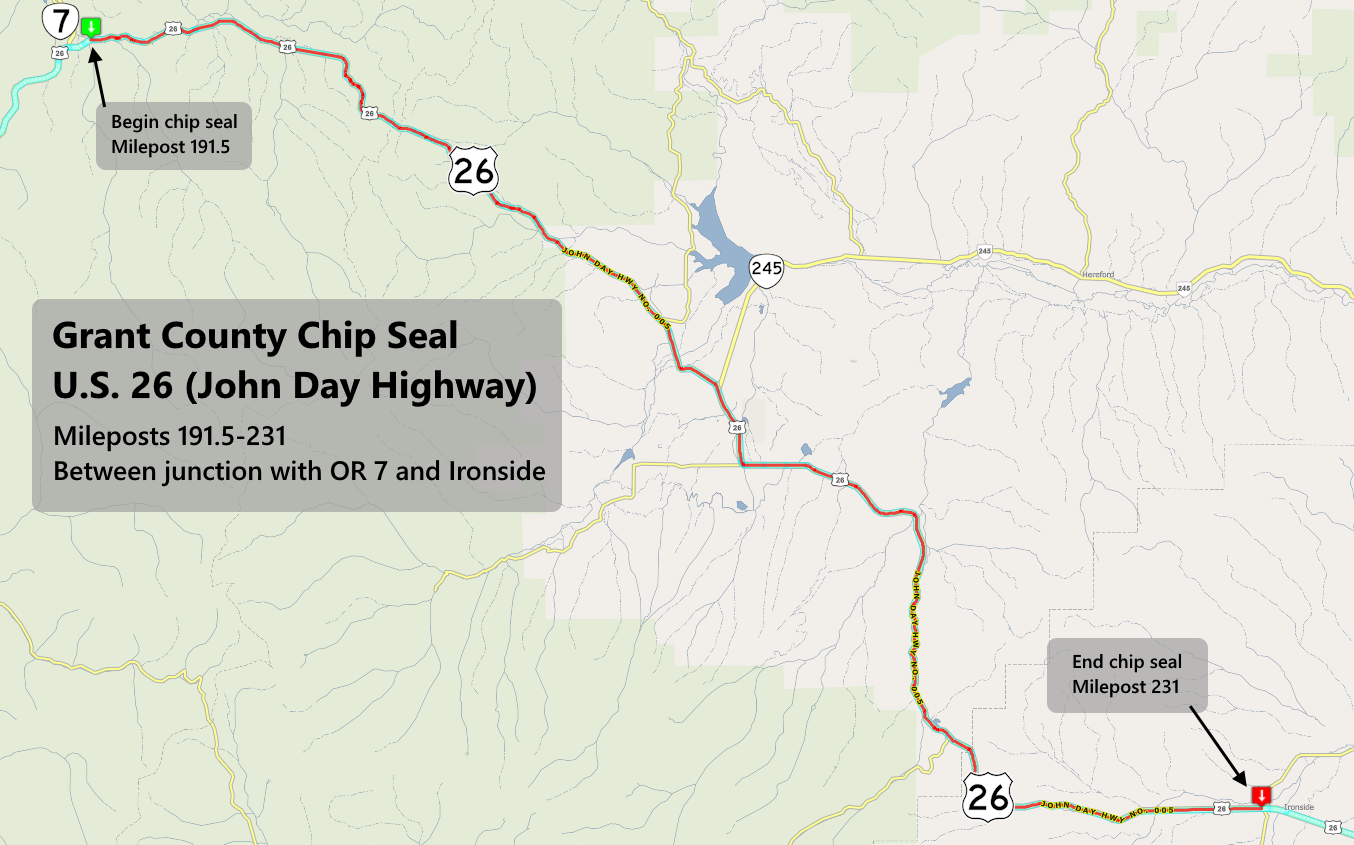Q&A with Brent Davies
Published 5:00 pm Wednesday, March 16, 2011

- Brent Davies
Brent Davies is the forest and watershed program director for the nonprofit Ecotrust. Her family owns 500 acres of actively managed forestland near the border of Clatsop and Tillamook counties. She worked with Sea Resources fish hatchery in Chinook, Wash., before moving into her role at Ecotrust 10 years ago.
What changes are you seeing in forestland ownership?
The rapid land ownership changes are clear even in my lifetime as a family forestland owner. One of the experiences weve had with people we work with as smaller forestland owners is having to work with a lot of different neighbors. Weve seen 10 different landowners in the past 30 years. It makes it tough for communities and individual landowners to develop relationships. Forestland is a good investment, and I think larger and larger investors have realized that.
What are the effects of these changes?
Larger investment funds that are driven by net short-term profit for investors, like state pension funds, they are obligated to make as much money in a short a time as possible. They arent able to care as much about what happens in all the externalities not included in cost of doing business as forestland owner. They dont care as much about those externalities where their herbicides drift off to, or doing something that meets the standard of the law. Theyre not as likely to care if they dont live there. The ultimate owners, all the state pensioners, are off in another state and probably dont read their annual reports and may not even know where all their money is invested it makes it harder on the long-term impact of our local communities.
I think a lot of the previous locally owned forestland owners have been quite philanthropic to local institutions schools museums the arts. If you went to the (Columbia River)?Maritime Museum and looked at the list of donors Id be willing to bet a good chunk of those families are timber families.
What are you doing about it?
From our familys perspective, owning some forestland with my siblings and cousins has encouraged us to get out in forests more often together, get out in the woods and talk about how we see the forest in the next 20 to 30 years. We have a management plan, principles and practices that basically amount to: Leave forest better than you found it.
We try to meet our neighbors. We have a forester who manages lands for us and other small owners like ourselves, who is able to stay abreast of changes a lot better than we are.
At Ecotrust, we see whats happening in dominant management practices out there and have really felt that in order to create long-term value for the health of the land and local communities you need a different way to do business that focuses on long-term employment and stable jobs and focusing on health of streams.






